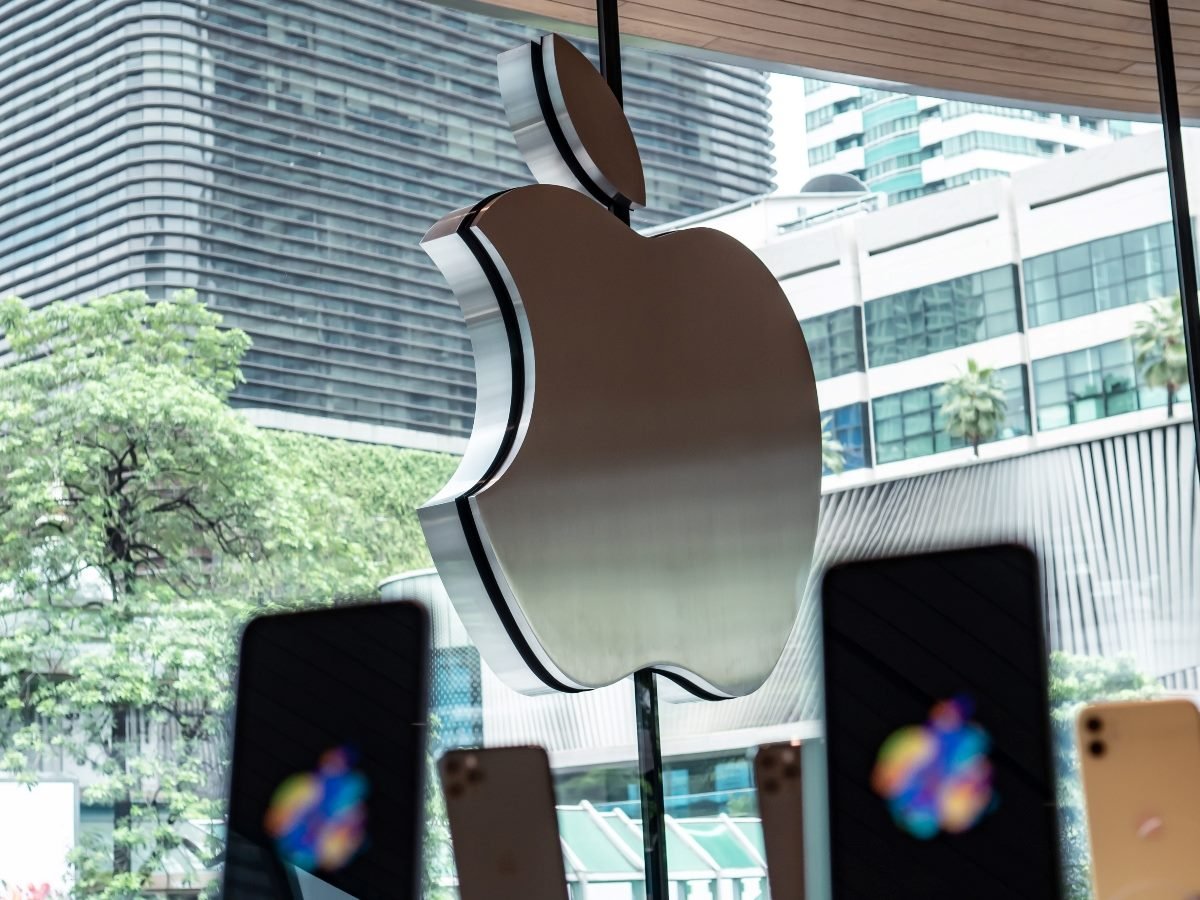The Gist
- Flat iPhone buzz. Apple’s new iPhone Air is sleeker but signals stagnation in hardware innovation.
- AI is the differentiator. Future smartphone relevance hinges on natural language agents and Apple Intelligence adoption.
- Competitive pressure. Meta, Samsung and AI-native devices are pulling ahead while Apple faces talent drain.
In my early days reporting from San Francisco in the mid-2010s, no event was bigger than Apple’s annual iPhone release. Readers clamored for specs. Reporters jostled for photos. Website traffic surged.
A decade later, Apple continues to churn out new models, but little else remains constant. Even as Apple introduced the brand-new iPhone Air last week, its event felt weirdly anticlimactic. The company’s new iPhone may be thinner and sleeker than ever, but it’s no major leap forward.
“The emperor has no clothes,” tweeted ex-Reddit CEO Yishan Wong alongside an image showing little change between the iPhone Air and the iPhone 6.
Apple has more new models on the way — reportedly including a folding phone and a curved-glass edition — but today’s tech breakthroughs are happening within the screens themselves, not the hardware around them. Smartphones, it seems, have reached their ultimate form factor, while the way we interact with them may be just starting to emerge.
Table of Contents
- iPhone Hardware Hits a Plateau
- The AI Race Becomes the Real Battleground
- Apple’s Intelligence Challenge
- Competitors Gain Ground as Apple Stalls
- Our Take: Smarter, Not Flashier
- Apple Ties iPhone Innovation to Customer Experience Strategy
- WWDC 2024 Highlights AI Integration
- Customer Feedback Drives Product Development
- Context-Aware Features Support User Needs
iPhone Hardware Hits a Plateau
The rise of generative artificial intelligence has the potential to revamp the way we use our devices, and Apple is still searching for answers on that front. While tapping on screens isn’t going away anytime soon, tech companies are now spending billions of dollars building natural language interfaces for devices and developing AI that navigates them for us. Should these efforts make progress, the actual phone you use won’t be as consequential as it is today, especially now that most are starting to look and feel the same.
“User interfaces are largely going to go away,” Eric Schmidt, the ex-CEO of Google who acquired Android, said in a recent interview. “The agents speak English, typically, or other languages. You can talk to them, you can say what you want, the UI can be generated.”
The AI Race Becomes the Real Battleground
The iPhone Air will likely juice Apple’s iPhone sales, a blessing for a recently stagnant category, but the revenue bump will be moot if the company’s Apple Intelligence failures go beyond a short term, embarrassing mishap. If integrating AI deeply into the phone’s user interface becomes a differentiator — allowing for context-aware push notifications or quick, efficient information retrieval — Apple’s ability (or inability) to serve that use case will be more important than its phones’ width.
Related Article: Apple's AI Moment Is Coming. It May Not Be Smooth
Apple’s Intelligence Challenge
Despite talking about making a big AI acquisition to catch up with the rest of the pack, Apple has stood pat so far. Perplexity, which has a deepening relationship with Samsung, remains independent despite a solid case for an Apple tie up.
Competitors Gain Ground as Apple Stalls
Meanwhile, Apple’s AI talent continues to exit, much of it to Meta. And Meta, for its part, is churning out devices worth paying attention to. It released new AI-forward smart glasses with a display at its Connect conference this week.Apple has built an empire on the modern version of the phone, but tech empires can be fleeting. And as the form factor of the phone solidifies, giving every release the same feel, the move to the next format will matter more.
None of this will happen overnight, of course. But after the latest iPhone release event, it’s hard to shake the feeling that Apple will need to make big changes to keep its golden era rolling.
Our Take: Smarter, Not Flashier
Editor's note: Apple’s latest moves highlight a shift from hardware spectacle to experience-first design. The following is CMSWire's examination how the company ties product innovation to customer trust, privacy and everyday usability.
Apple Ties iPhone Innovation to Customer Experience Strategy
Apple has positioned its iPhone development around customer experience priorities, focusing on practical improvements rather than technology for its own sake. The company's approach centers on making interactions more intuitive and personal while maintaining privacy standards.
WWDC 2024 Highlights AI Integration
At its June 2024 developer conference, Apple unveiled AI and machine learning capabilities designed to enhance user interactions. The company introduced advanced Siri functionality, on-device processing for privacy protection and improved messaging features.
According to Apple, these enhancements aim to make technology feel invisible so users can focus on their priorities. The company's privacy-first approach to AI and commitment to ethical use builds customer trust.
Customer Feedback Drives Product Development
Apple's innovation strategy incorporates customer feedback and iterative improvements, including longer battery life and new wellness features. The company's retail experience supports this approach through knowledgeable staff and hands-on product demonstrations.
The in-store experience transforms product launches into engagement events, according to industry observers. This strategy builds customer loyalty and excitement around new releases.
Context-Aware Features Support User Needs
Apple has developed context-aware tools including location-based suggestions and health insights to support customer engagement. The company asserts these features create more personalized experiences across its device ecosystem.
Modern customers expect technology that integrates smoothly into their lives while respecting their values, according to customer experience research. Apple's focus on omnichannel experiences addresses these expectations through coordinated functionality across devices.
Learn how you can join our contributor community.
